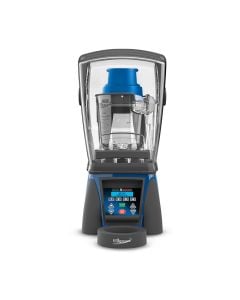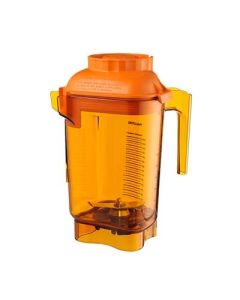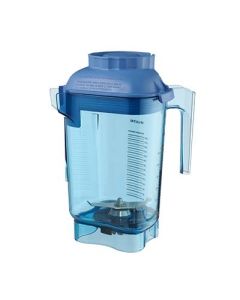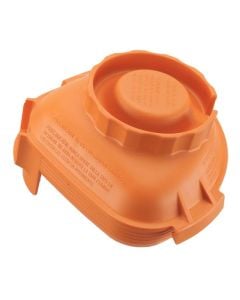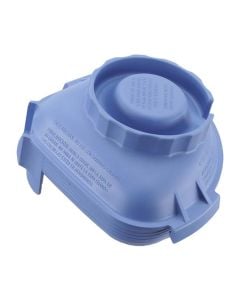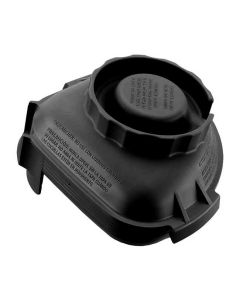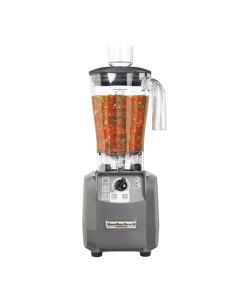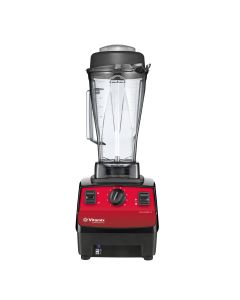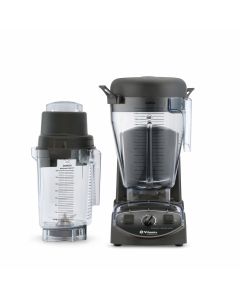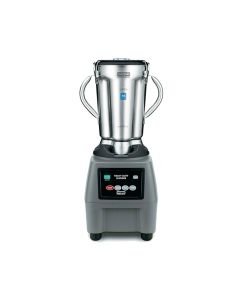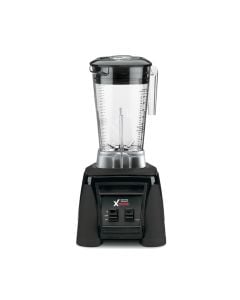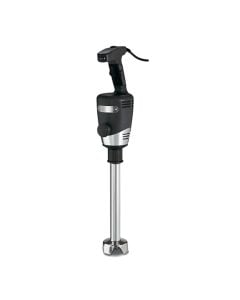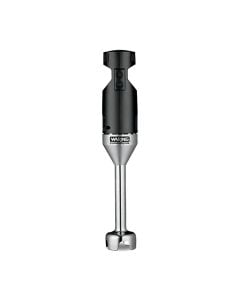Commercial Blenders
Are you looking for a reliable commercial blender for your food-service business? Choose from a wide range of top-quality blenders designed for professional kitchens, depending on the specific needs of your restaurant or café.
What Is a Commercial Blender?
A commercial blender is an industrial version of an ordinary household blender, and is typically used in busy commercial kitchens and bars. Commercial blenders are primarily used to blend, mix, emulsify, and purée food and other substances. The use of commercial blenders is not limited to commercial kitchens, however, because some laboratories regularly use blenders in their day-to-day operations.
So why is an industrial blender important in many commercial establishments? Because of its versatility. An industrial blender is used in bars, pubs, and taverns to mix and crush ice in cocktails and mocktails. Commercial blenders are also used in busy restaurant kitchens to make smooth purées of semisolid ingredients such as cooked vegetables and meats or to reduce small solids such as spices and seeds.
Why You Should Consider Getting a Heavy Duty Blender for Your Food-Service Establishment
A heavy duty blender can benefit any busy food-service establishment. Any bar worth its salt would want to serve quality cocktails, and restaurants serve food with great sauces. A restaurant blender, therefore, would be a great addition to any busy commercial kitchen. But are there important factors to consider before going out to purchase commercial grade blenders available in the market today.
One thing to consider is whether to get a blender that has a glass, plastic, or stainless-steel model container. Of course there are pros and cons depending on the material of the container: Glass-blender containers tend to look cleaner and smarter especially when used in a bar where customers and patrons can easily see them, but since the containers are made of fragile glass, they can be easily chipped or broken after a bad fall.
Stainless steel, on the other hand, is rust-resistant and is easy to disinfect. However, some of your food-service staff might prefer a see-through container, which can make blending easier, something that a stainless-steel container will not be able to provide. A popular type of container for commercial food blenders is plastic because it is relatively more durable and allows your food-service staff to see what they are blending more easily. However, it is relatively easy to scratch and may stain over time.

